Many think Putin aims to annex Ukraine. I find that implausible. That's based on assumption that Putin is primarily concerned with foreign policy. But what if his main concern is domestic one? What if the real goal is to keep Ukraine a failed state as an example to the Russians? 
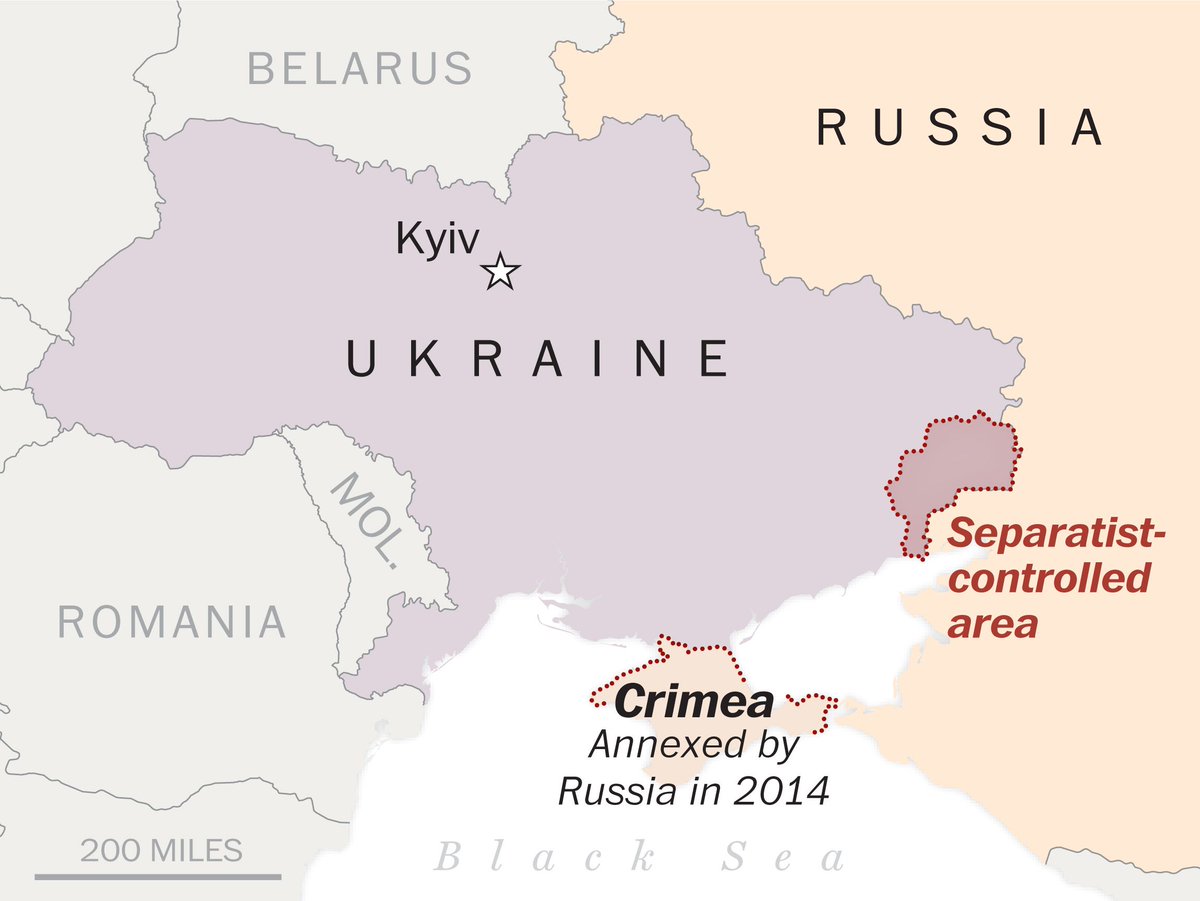
Firstly, the territory currently hold by Russians or pro-Russian separatists is small. For example, the border in Donbass more or less stabilised in 2014. And let's be honest - if Kremlin really wanted to expand it, it would. Not as an invasion, but in a form of 'rebellion' etc 
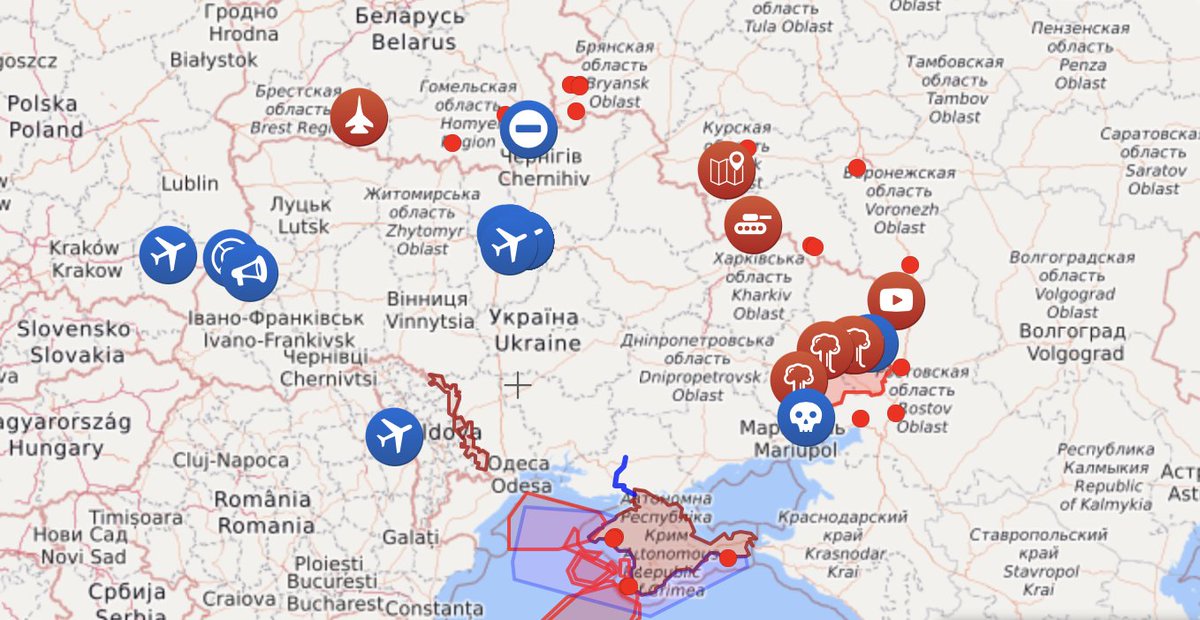
So why doesn't it expand it? One possible answer is - because it doesn't want to. Because the point of the entire conflict is not to expand in Ukraine but to keep Russians in line
Let's go a bit deeper in history. We all know of Soviet invasions of Hungary in 1956 and Czechoslovakia in 1968. After all, the Warsaw Pact is known as the only military alliance in history which fought only against its members. But why there was reprisals against Romania? 
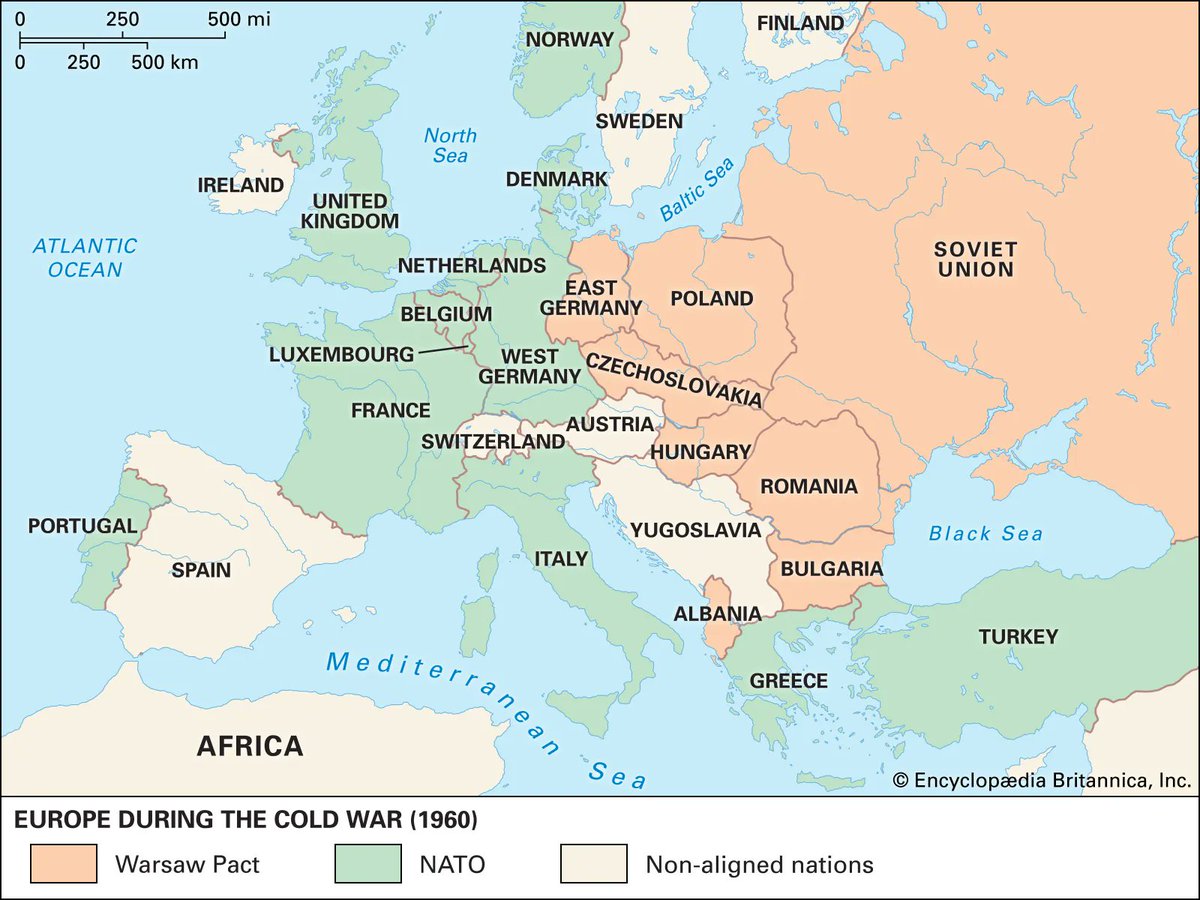
Romanian leaders, both Ceaușescu and his predecessor Gheorghiu-Dej behaved very independently. Their policies were known in Russian as an особый курс - different/particular course, not in line with the policies of Moscow. They were quite disobedient 
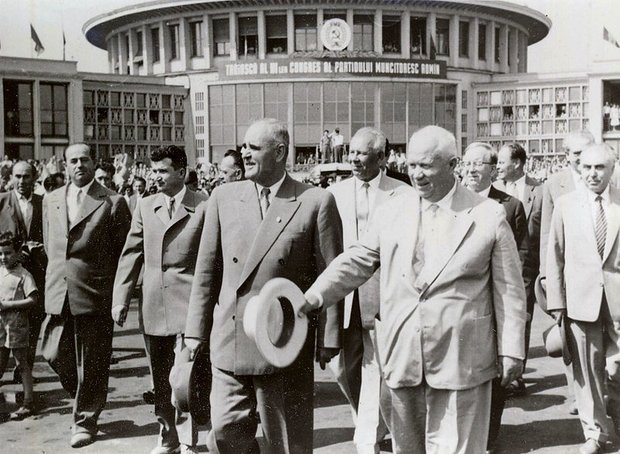
This was partially economy-motivated. Soviets wanted to increase economic integration of socialist camp. Romanians accused them of trying to make a 'raw-materials appendage' out of Romania. They wanted full economic independence, even when dealing with the capitalist countries 
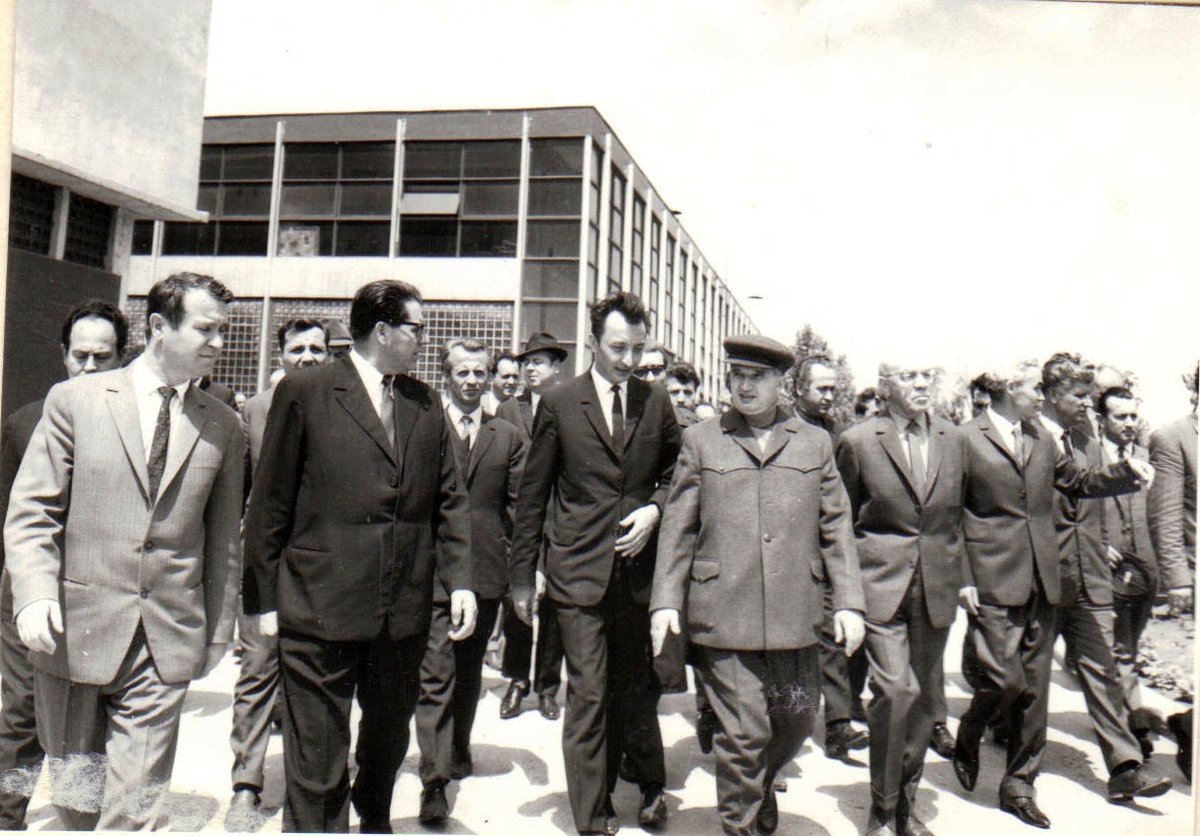
They were also political. Bucharest objected against Warsaw Pact forces being commanded by Soviet generals, objected against Non-Proliferation Treaty (why can't we have nukes, too?). In 1968 Ceausescy raised huge demonstrations against Soviet invasion of Czecholslovakia 
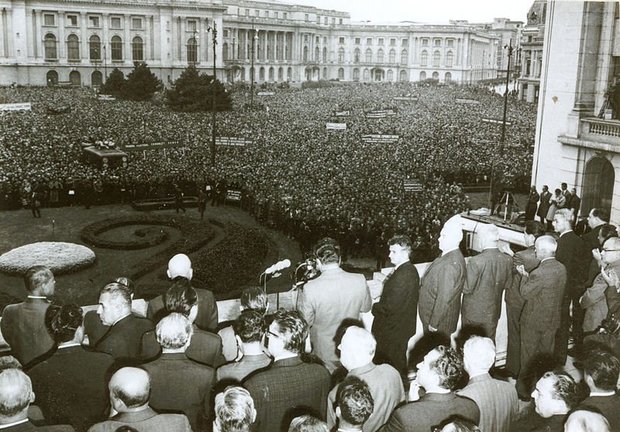
In socialist camp Romania was a constant trouble-maker. They established diplomatic relations with FRG (USSR didn't allow it, cuz FRG didn't recognise borders of DDR), they demanded to return them the gold reserve of Romanian Kingdom evacuated to Russia in 1916 and never returned 

Unbelievable it may sound, but Romania tried to make territorial claims against the USSR. During the Chinese-Romanian discussions in 1964, Romanians claimed that Bessarabia and North Bukovina annexed by the Soviets in 1940 should be returned back. And Moscow knew Romanians did it 
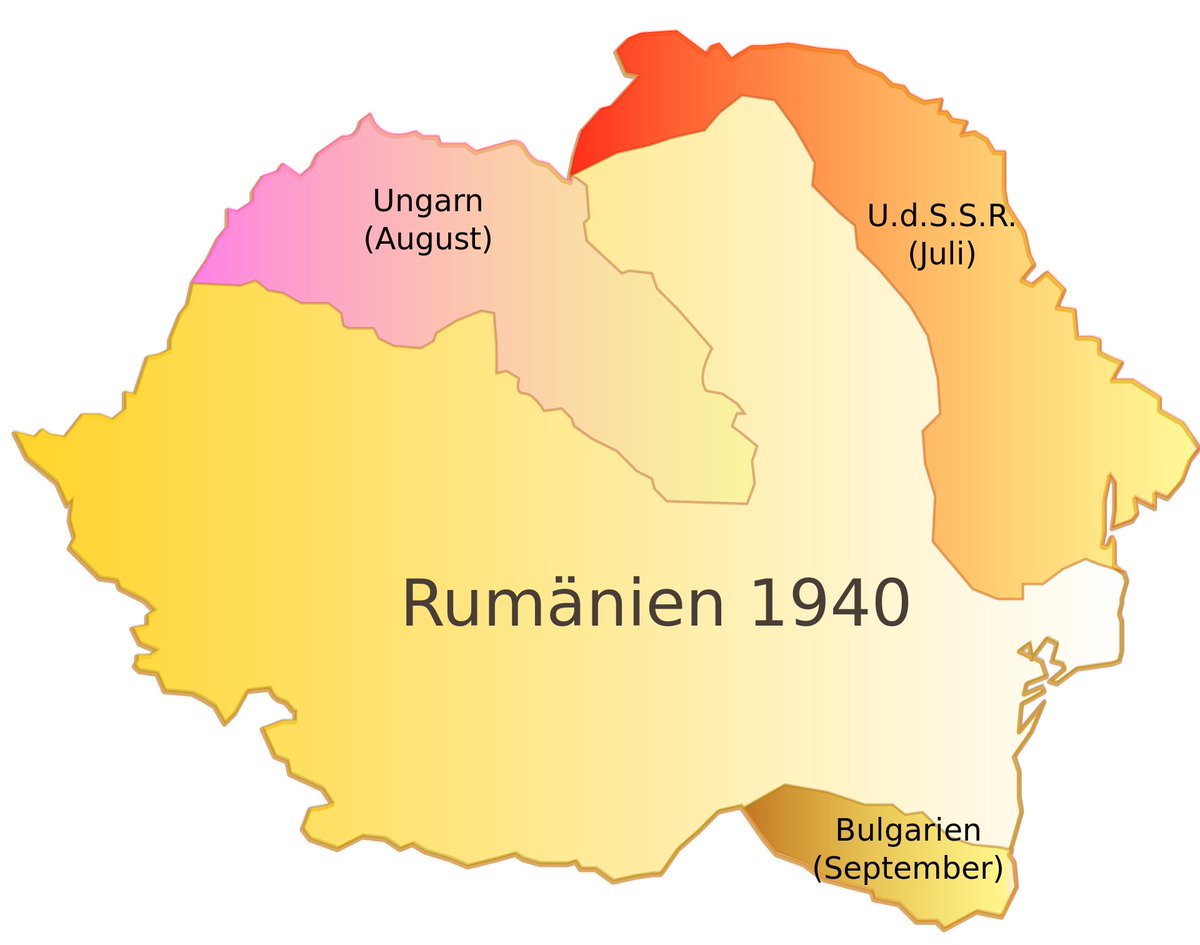
So why Soviets didn't do anything? They took drastic measures against Hungary and Czechoslovakia and would certainly do against Poland. In foreign policy these countries never did so much trouble-making as Romania. And yet Romania got away with all of that, why didn't they? 
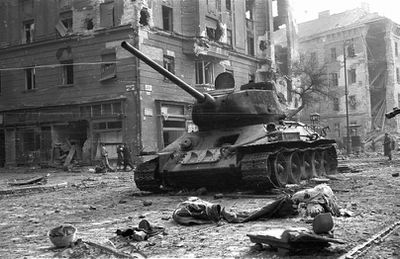
One possible answer is: while Romania presented some foreign-policy threat (it even talked of territorial claims against the USSR) it never presented domestic-policy one. Because Romania wasn't regarded as a potential role model, as a positive example by anyone in the USSR 
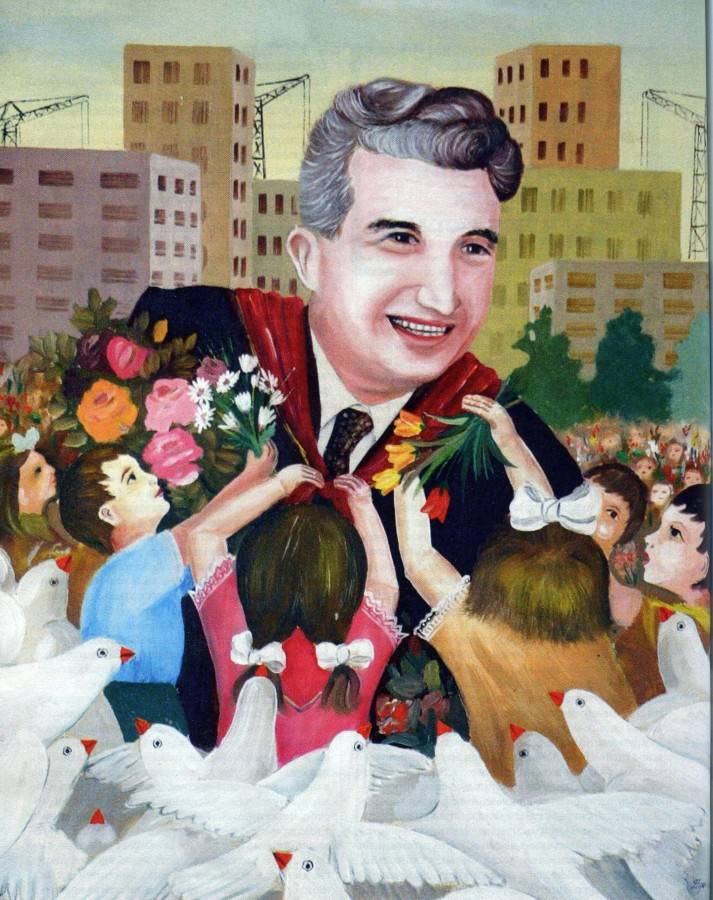
From the perspective of Soviet ppl, Romania was very much like the USSR, just inferior. We have God-Emperor, they have God-Emperor. We have abject poverty, they have abject poverty. We have KGB, they have Securitate. Nobody in the USSR ever said 'I wish we were more like Romania' 

So the Romanian regime was spared, because it wasn't so much different and thus couldn't be regarded as a potential alternative to the Soviet order. Meanwhile, political transformations in Hungary and in Czechoslovakia were too dangerous in the context of Soviet domestic policy 
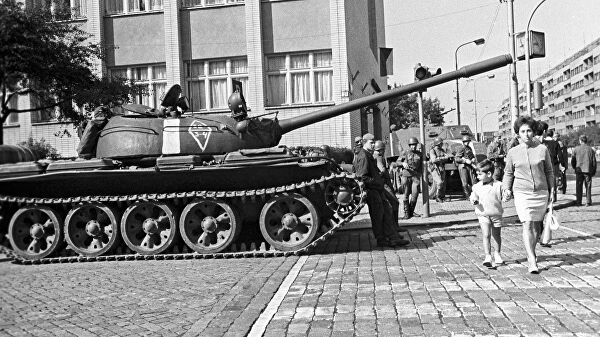
Imagine that these countries would work on different political principles, with broader political participation and allow diversity of opinions. And they'd be still functional, they wouldn't fall in chaos. That would be considered a positive alternative by very many in the USSR
In fact, even those who supported Soviet system, believing it is their protection from chaos and disorder, could see that the alternative is possible and totally functional. So the public opinion within the USSR would drift in the direction of these new role models
Czechoslovakia was more dangerous than Hungary for cultural reasons. Czechoslovakia is Slavic, less language& culture barrier and thus it's more of a reference group. Russians would more naturally compare themselves with Slavic countries, than with non-Slavic ones like Romania 
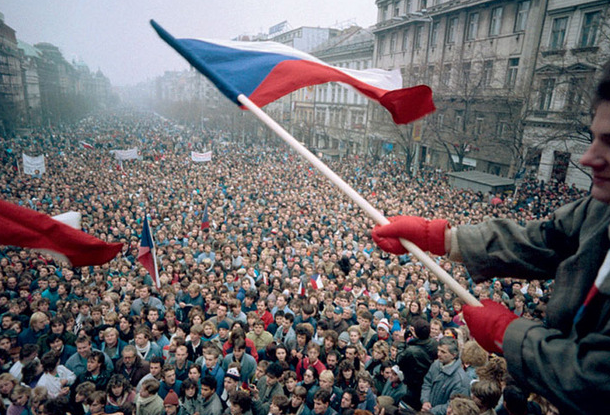
Poland was much more dangerous than Czechoslovakia. Historical connections much closer, culture&language more similar. Poland was historically considered by many as a sort of alter ego of Russia and thus everything happening in Poland was super relevant 
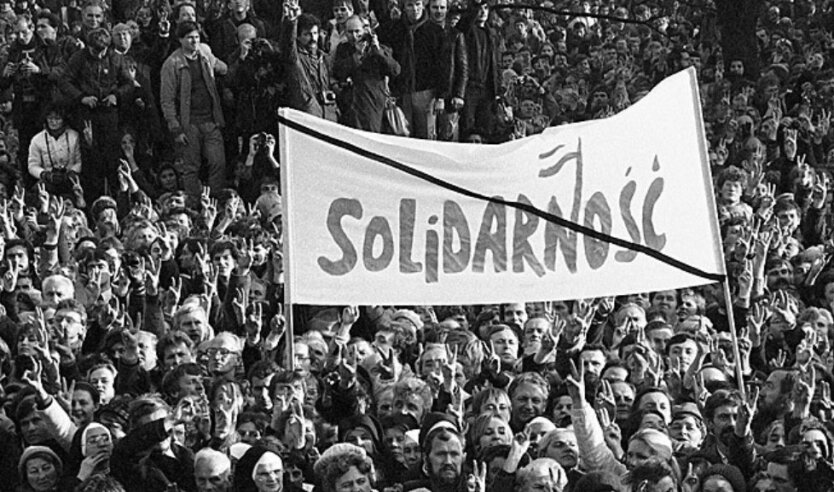
And what is happening in Ukraine is most relevant of all. Many observers correctly claim that much, well, honestly speaking, most of Ukraine is Russian-speaking. By my observations actual zone of Russian is bigger than shown here, certainly includes Kiev. But it goes both ways 
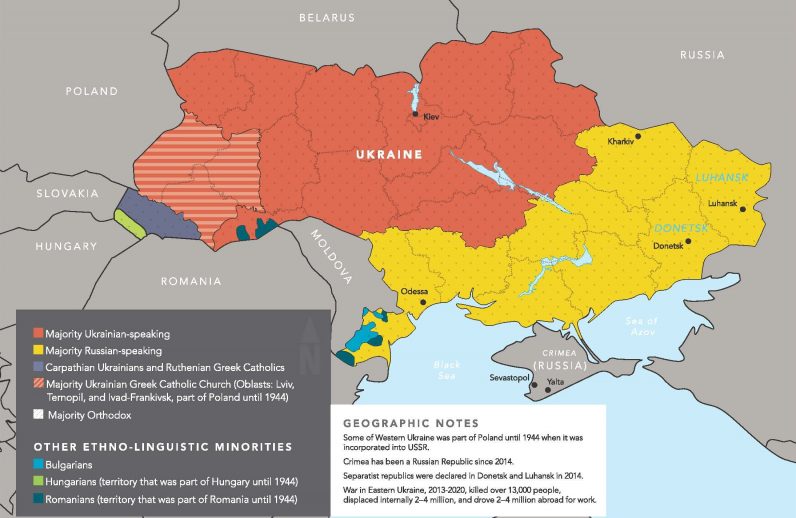
That means that Ukraine and Russian exist in the same cultural and language space. There is no barrier at all, everything is interconnected. So everything happening in Ukraine will immediately reflect in Russia, in public discourse in mass opinion, in the mindset of the people
So the worst case scenario is 1) clearly different 2) functional system in Ukraine. It shouldn't even be particularly rich, it just has to pay its bills to show it works. That's enough to create a core of sympathisers in Russia. And before the war Ukraine was growing quickly 
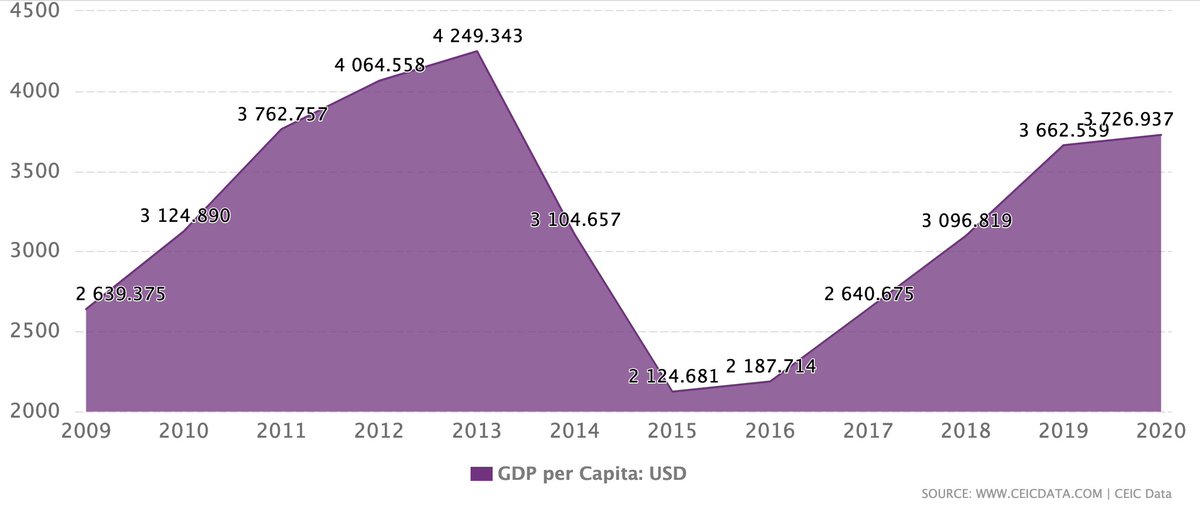
Russian nationalists criticise Kremlin for moderation. 'They could take Kiev, why don't they?'. May be they don't take Kiev because it's not the goal. The goal is simply to create enough destruction and chaos, so Ukraininan model would be unattractive in the eyes of Russians 
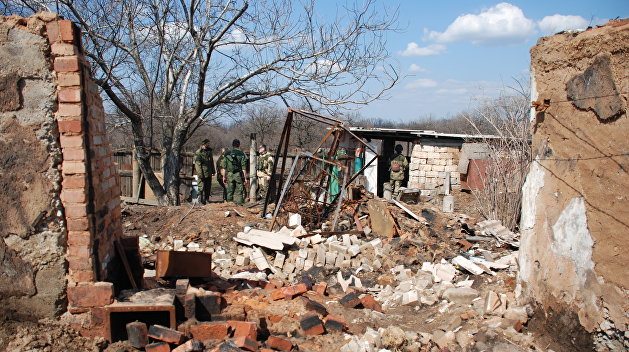
Perhaps the real audience of this play is neither Ukraine, nor West, but Russians themselves. And the goal is to teach one simple lessons - if you do this 
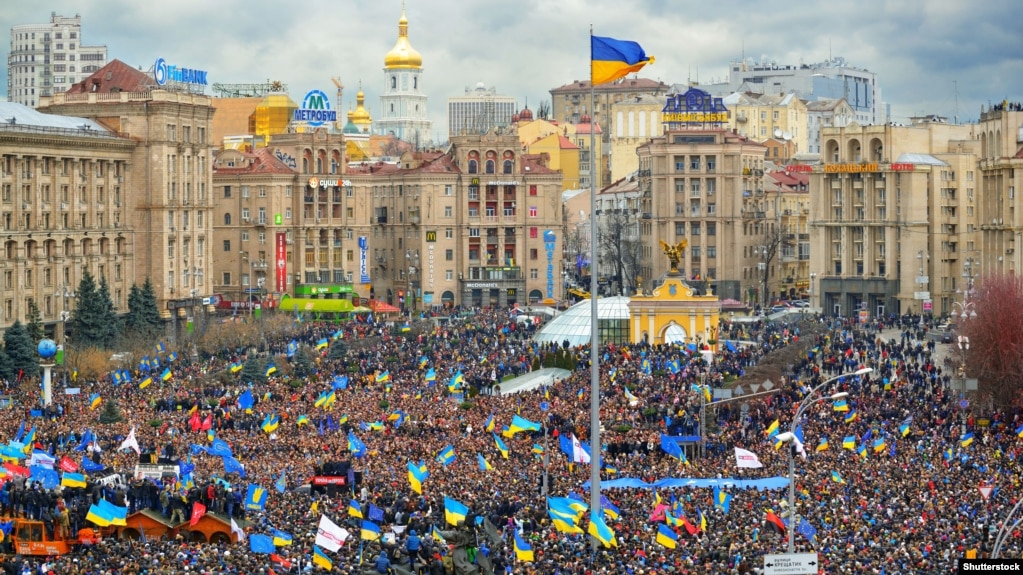
... you get this. So basically the only result of protests, civil disturbances and revolts is death and desolation - even in case of success 
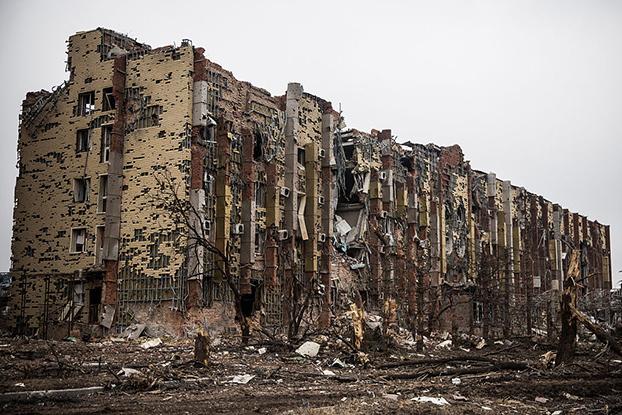
Assuming this interpretation is correct, which predictions can we make? I'd say Putin isn't going to push deep into Ukraine. There can be fight in the border regions though. Because the real goal is not to destroy Ukraine but to keep it as a failed state as an example to Russians
• • •
Missing some Tweet in this thread? You can try to
force a refresh





